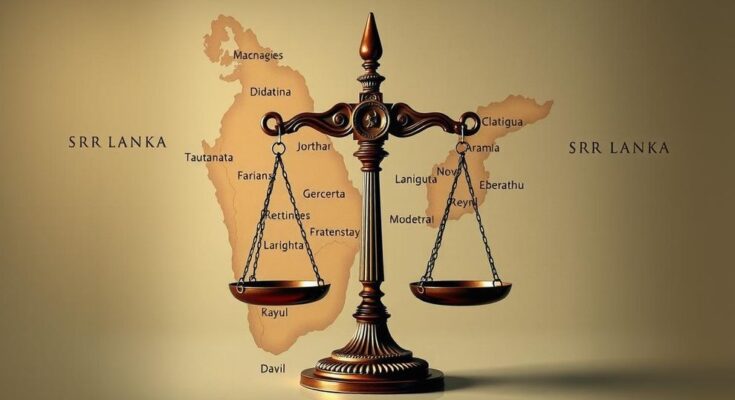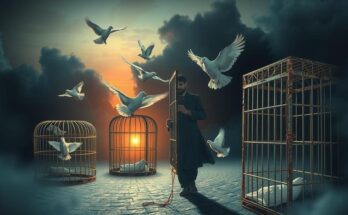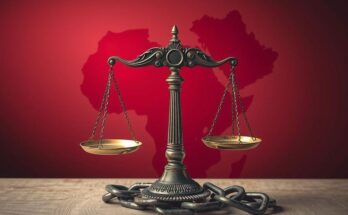In a significant move towards accountability, the United Kingdom has imposed sanctions on four Sri Lankans accused of war crimes during the country’s devastating civil war from 1983 to 2009. This conflict, characterised by severe human rights violations by both the Sri Lankan government and the separatist Liberation Tigers of Tamil Eelam (LTTE), has seen attempts by successive Sri Lankan administrations to obscure these transgressions and shield those responsible.
On Monday, UK Foreign Secretary David Lammy affirmed, “The UK government is committed to human rights in Sri Lanka, including seeking accountability for human rights violations, … which continue to have an impact on communities today.” The sanctions involve travel bans and asset freezes, signalling a firm stance on human rights issues.
Among those sanctioned is retired General Shavendra Silva, the former commander of the 58th Division implicated in the enforced disappearances and deaths of Tamil civilians. Silva retired as the chief of defence staff on January 1, 2025. Former navy Commander Wasantha Karannagoda, accused of kidnapping, torture, and murder involving naval intelligence personnel, is also on the list, particularly noteworthy after being cleared of charges and appointed governor of North Western province in 2021.
Additionally, former army Chief General Jagath Jayasuriya, who oversaw a military detention centre notorious for torture and disappearances, faces sanctions. Vinayagamoorthy Muralitharan, known as Colonel Karuna, once a commander with the LTTE who later formed a pro-government paramilitary group, is similarly sanctioned for his recruitment of child soldiers and summary executions.
In response to these sanctions, the Sri Lankan government maintained that accountability should be pursued through its own domestic systems, asserting efforts to enhance these mechanisms. Meanwhile, the UK stands alongside a coalition of countries at the United Nations Human Rights Council advocating for resolutions aimed at collecting evidence and ensuring accountability for serious crimes committed in Sri Lanka. Without genuine efforts by Sri Lanka for accountability, international pressure and targeted sanctions must persist to bring justice to victims.
The UK has imposed sanctions on four Sri Lankans implicated in war crimes during the civil war, reaffirming its commitment to human rights and accountability. Key figures include General Shavendra Silva and Commander Wasantha Karannagoda, both accused of serious human rights violations. The Sri Lankan government claims it will strengthen domestic accountability measures in response. The UK is part of a core group at the UN Human Rights Council seeking justice for Sri Lankan war crimes.
The UK’s imposition of sanctions on four Sri Lankans for war crimes is a pivotal step towards addressing the grave human rights violations during Sri Lanka’s civil war. This action underscores the ongoing commitment to seek accountability for historical injustices. As international initiatives continue, it is essential for Sri Lanka to engage in genuine reforms to enhance domestic accountability mechanisms, lest they face continued global scrutiny and sanctions.
Original Source: www.hrw.org



